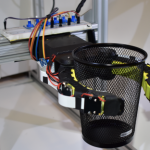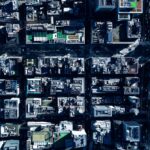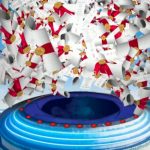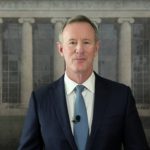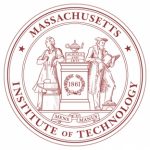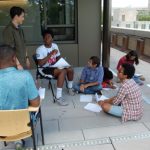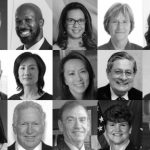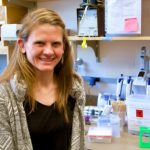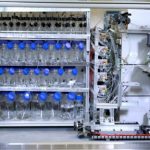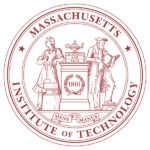Rapidly engineering ventilators for the Covid-19 pandemic
As the Covid-19 pandemic began to spread, it became clear that ventilators would be a crucial part of the medical response in order to keep patients breathing as they fought the disease. In January, Philips Respironics, a major manufacturer of mechanical ventilators, put together an engineering response team to rapidly scale production and meet the needs of hospitals to deploy this lifesaving technology. Erwin Franz, a master’s student in MIT’s System Design and Management (SDM) program and senior research...


